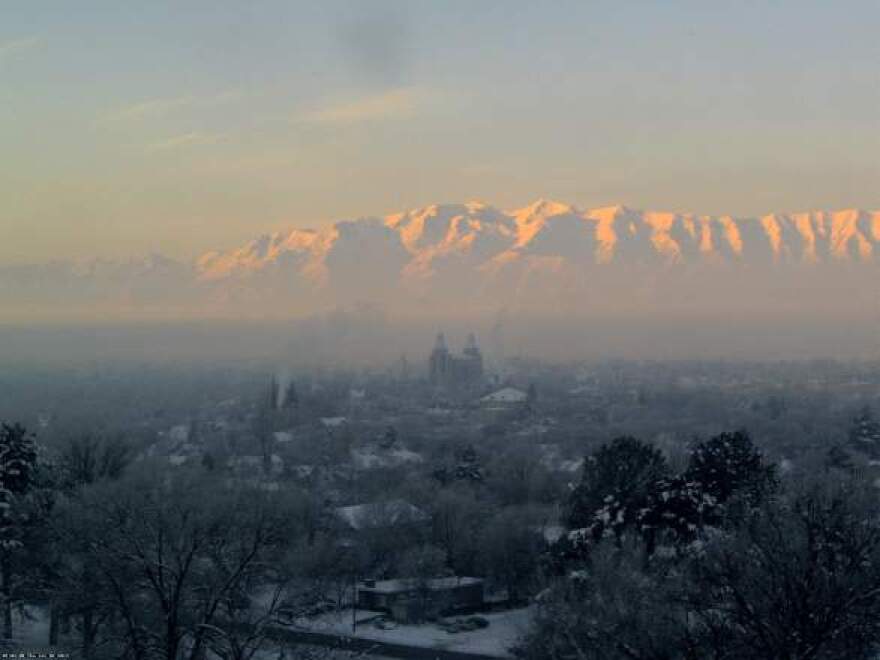Utah makes the top five list for amounts of natural gas being wasted by energy developers working on federal and tribal lands. A new report states oil and gas companies need to do a better job of repairing leaks and minimize venting and flaring at well sites, both to conserve natural gas and improve air quality.
Dan Grossman with the Environmental Defense Fund, which commissioned the report, said that's one reason the Bureau of Land Management is releasing new rules for drilling on public land this summer.
"They really haven't been on the forefront in pushing operators to run efficient operations," Grossman said. "So, I think it's critical if we're really going to get on top of the emissions problem and the waste problem, that BLM play a critical role in helping us do that."
The report said almost all the oil and gas produced in Utah comes from federal or tribal lands, and values the methane gas wasted in the process at more than $28 million a year. In addition to the gas going unsold and the government missing out on royalties from it, the emissions are a major component of ground-level ozone pollution.
Rachel Otto, with the group "Breathe Utah," said the legislature has acknowledged and taken recent action to curb the ozone pollution problems in the state, which are affecting more counties in summer as well as winter. She sees a push to drill more efficiently as a natural next step.
"Not only would it help clean the air," Otto said. "But also it would create more revenue for these companies and for Utah. And then, ideally, it would create jobs. So, it seems like a bit of a no-brainer."
Otto said the report brings attention to more rural parts of Utah where air quality is just as bad as along the Wasatch front but doesn't get the publicity. The report mentions Duchesne and Uintah counties, both of which made the American Lung Association's list of most smog-polluted areas, along with major cities in California and Texas.


